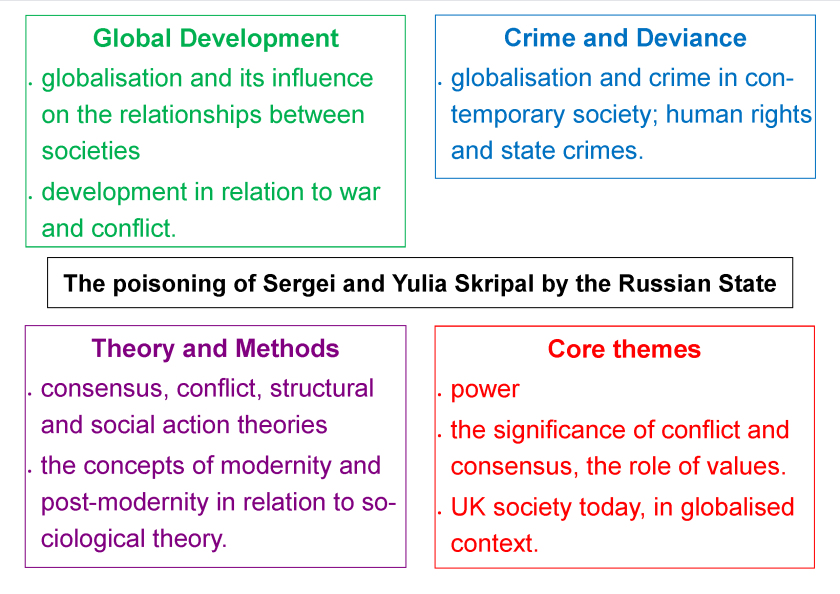The Russian State’s barbaric invasion of Ukraine is both a grim reminder of the power of nation states and local/ ethnic politics, but also an illustration of how even Russia isn’t immune from increasing globalisation. Maybe the later point offers us some hope of an early end to this war?
The very fact that Putin can amass an army of hundreds of thousands to invade a country the size of Ukraine reminds us that he military industrial basis of society has remained an important aspect of global power relations even in an age of increasing globalisation.
Russia has used its military force in Syria, Georgia, Crimea so far this century, all of which most of us in the West have managed to ignore because they are far enough away from Europe for us to not worry about, but Ukraine borders with Poland and Romania, and that makes it feel a lot closer to home.
We might like to think we’ve been progressing towards a more cosmopolitan society with more democracies opening up, and the European Union expanding, but Russia’s invasion of Ukrain maybe reminds us that there are limits to globalisation – Russia’s governance relies on a very different, autocratic model.
Something else to ask yourselves is how important the media and social media especially are in this conflict – Russians are hearing a very different story about the invasion of Ukrain – the state media there is spinning it as ‘liberation from a Nazi regime’ (despite the fact that the Ukrainian president is Jewish?) and censorship of free-media has increased in Russia since the invasion.
I’ve no idea what the average Russian individual thinks of this invasion BTW, but it seems that those who protest it are being arrested.
It is interesting to contrast Russia’s approach to increasing censorship to the way that the Ukrainian president and other celebrities are masterfully using the media (including social media) to gain support for the defence of their country, although as the Russian forces penetrate further into Ukraine it’s difficult to know how far these messages are being heard by the Ukrainian people.
A test of the type of Globalism we’re living in?
First off, the fact that Russia is still a member of the United Nations and that it has invaded Ukraine demonstrates that any notion of us living in age of what we might call ‘political gloabliastion’ is a joke – clearly we live in a segregated world. It also reminds of us how powerless the UN is!
NB the existence of NATO also shows us this – Putin is responding to what he says is a perceived threat of NATO expansion and NB given that American has invaded Afghanistan and Iraq this century, there is EVIDENCE that the West can be the aggressors too.
Russia is still as dependent on global trade and financial flows and the main thrust of Europe and America’s response to this unproved war has been to impose economic sanctions on Russia – preventing ordinary Russians access to financial services (Russians abroad have been unable to access some of their banking services), and cutting of trade in Russian oil.
Some Wester companies, such as Mcdonalds have also stopped operating in Russia.
However, will restricting economic globalisation be enough to bring an early end to this war?
The answer is probably not – there are plenty of other trading partners – Africa and China and India for example, and possibly in the short term all these sanctions are doing is hurting ordinary Russians rather than the Russian State, and whether that puts pressure on Putin is difficult to say when Putin has control of the Russian media.
At the end of the day I think out hopes rest on a combination of the power of decentralised forms of global social media to get the non-Russian version of the invasion of Ukraine out to ordinary Russians, to the mothers of the Russian solders dying in a war neither they nor the Ukrainians want, for example, and then we might start to see some sustainable grass-roots movements for change in Russia, I think that’s what it’s going to take.
This all just seems so pointless, dying over territory in the 21st century?
But this, it seems, is where we are at!


